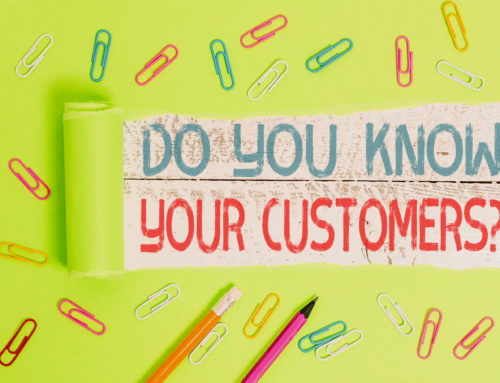The use of Artificial Intelligence (AI) and machine learning for B2B marketing are subjects attracting a lot of attention these days. And they should; marketing is about intelligence. With more data, better decisions can be made about who, what, when, and where to target new customers.
The terms are often used interchangeably, but there are important distinctions. Understanding the difference between AI, machine learning, and good old-fashioned automation is important. Doing so will help you evaluate and use these technologies for your B2B marketing.
AI is the concept of using computers to imitate human intelligence. With AI one can program a machine to make decisions, solve problems and perform actions based on inputs and context.
Amazon’s Alexa, Google Assistant, and even standard chatbots are good examples. They’re designed to recognize and respond to customer questions using a set of rules.
Machine learning is the concept of training machines to learn rules on their own without needing explicit programming to do so. They continually improve and adapt their responses based on new data. This is the kind of behavior you’ll see in more advanced AI chatbots and virtual assistants. They learn the answers to best meet the user’s needs.
AI uses machine learning. Although all AI encompasses machine learning, the reverse is not true.
Finally, we have tools that fall into the category of automation. At its core, marketing automation software is an excellent example. However, more advanced marketing automation utilizes machine learning and even AI.
All of these are important technologies to help scale and optimize your B2B marketing efforts. Let’s look at some key functions they help with.
AI increases B2B marketing efficiency
As mentioned above, chatbots and voice assistants are the most widely deployed uses of AI in many businesses today. After years of a steady uptick in adoption, these technologies surged during the pandemic in 2020.
The most prevalent use of chatbots, in particular, is for customer service. Last year industries such as travel, finance, health care, and public services were overwhelmed with customers looking for answers and help with changes.
Chatbots can automatically route customers to the place on a website for self-service or connect users to an agent who can best assist them.
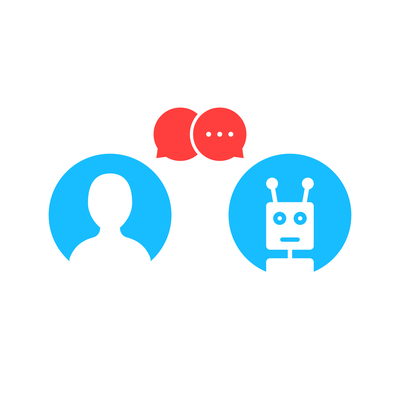
Over the last few years, businesses of all sizes have been implementing chatbots on their websites for lead generation and sales.
A key distinction between a chatbot assistant for customer support and one for lead generation is the data and backend integration required.
Both use cases require a Natural Language Processor (NLP) to recognize and appropriately respond to customer inquiries. Assistants using open-source NLPs are pretty easy to implement as they recognize common words and phrases to complete a limited number of tasks.
These chatbots are best used to capture contact information, route the visitor to a salesperson or a particular page on the website.
Customer service assistants, however, require more complex rules to best assist the customer. A query such as “I need help with my account” requires further clarification. Does the customer need help with billing, making changes to a service or using a feature?
While all of this is programmable using pre-defined rules, the best assistants incorporate machine learning to constantly learn and apply new rules.
AI powered by Machine Learning increases success
The pandemic that occurred last year is a great example of how important AI powered by machine learning can be. During that time, situations changed quickly with new terminology, new rules and new responses.
“Coronavirus” became “COVID”. “Lockdown” became “social distancing” or “quarantining”. Late rent payments could sometimes fall under programs for ‘moratorium on eviction’ or ‘debt forgiveness’. You get the picture.
When planning to deploy a chatbot for sales or marketing, carefully consider what you hope to accomplish. Also think about how the technology may evolve for you in the future.
Just because implementing a BOT on your website is easy to do, doesn’t mean you should. Ensure that you have a plan for staffing the application, where applicable, as well as keeping information it provides relevant. Chatbots that promise to route you to a sales assistant, yet go unanswered, do more harm than good.
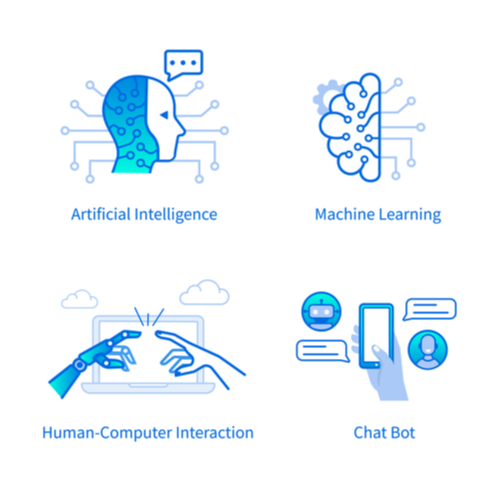
Using Machine Learning to find leads
Machine learning has many applications for marketing, with or without the use of AI.
Long before terms like AI or machine learning were commonplace, predictive analytics held a foundational role in marketing. Given enough data, marketers could use fairly simple tools to determine the demographics, traits and motivations of their customers.
Marketers could also answer questions such as whether customers were more influenced to purchase their brand through advertising or promotions.
This type of predictive analytics has been more prevalent for consumer brands than B2B. This is because it requires a large number of customers and purchases to work well. B2B brands with fewer customers and less frequent purchases lack the large datasets.
Today’s social media platforms, and search engines such as Google, provide access to vast amounts of data regarding both B2B and B2C buyers.
While the data does not mimic a brand’s particular customer base exactly, there is a way to get close.
Search engines identify the language that prospects use when searching for a solution. With intent-based search, they also signal information as to what stage of the buy-cycle a user is in.
The use of lookalike audiences is a great way to find prospects on social media to target. By uploading a list of your best customers, you can effectively parse through millions of users like them. This allows you to find leads matching the demographics and interests of someone who would likely be interested in what you have to offer.
Marketing Automation Tools
There are many tools that help automate marketing functions, and marketing automation software is at the top of the list.
Marketing automation software provides a single platform where you can build campaigns, score leads, and measure conversions. Campaigns can be programmed to automatically send a particular piece of content or generate an alert when a user performs a certain action. With this, you reach prospective customers with just the right content at just the right time.
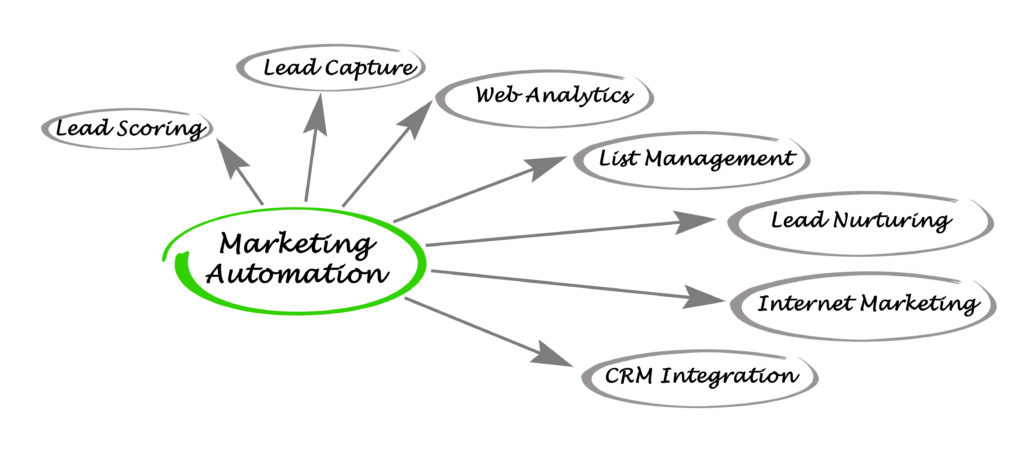
Content creation is another area that benefits from tools using automation, machine learning, and AI.
To be clear, using a program to automatically write or “re-spin” mass amounts of content is a terrible idea. This type of content not only makes you look bad to your audience, it can also negatively impact your SEO.
However, the best writing applications go beyond checking spelling and grammar. Applications that incorporate machine learning check for keyword and topic relevance in real-time. INK is one such application, but there are others. They also check things like headline length, content sentiment, document structure, and other factors affecting SEO.
Once you have developed your campaigns and content, you need leads. As mentioned above, search and social media engines help you reach new prospects on a massive scale. But sometimes you want to reach out to new prospects on a personal level.
LinkedIn’s Sales Navigator is a widely used platform to search for accounts and contacts to target. If you are not connected directly to a prospect, you can send an InMail message without knowing their personal email address.
However, there are other applications to do this as well. LeadCrunch is a leader in this space but can be expensive. More cost-effective solutions such as ZoomInfo and Lusha work well, too.
Putting it all together
AI, machine learning, and automation all play a role in accelerating and optimizing your B2B marketing programs. Understanding what each technology can and cannot do for you is key. Clearly mapping out your strategies and budget allows you to choose the right tools to accomplish your goals.
Need help to optimize your marketing and generate new leads? Town Crier can help. Send us an email or visit www.towncriergroup.com.

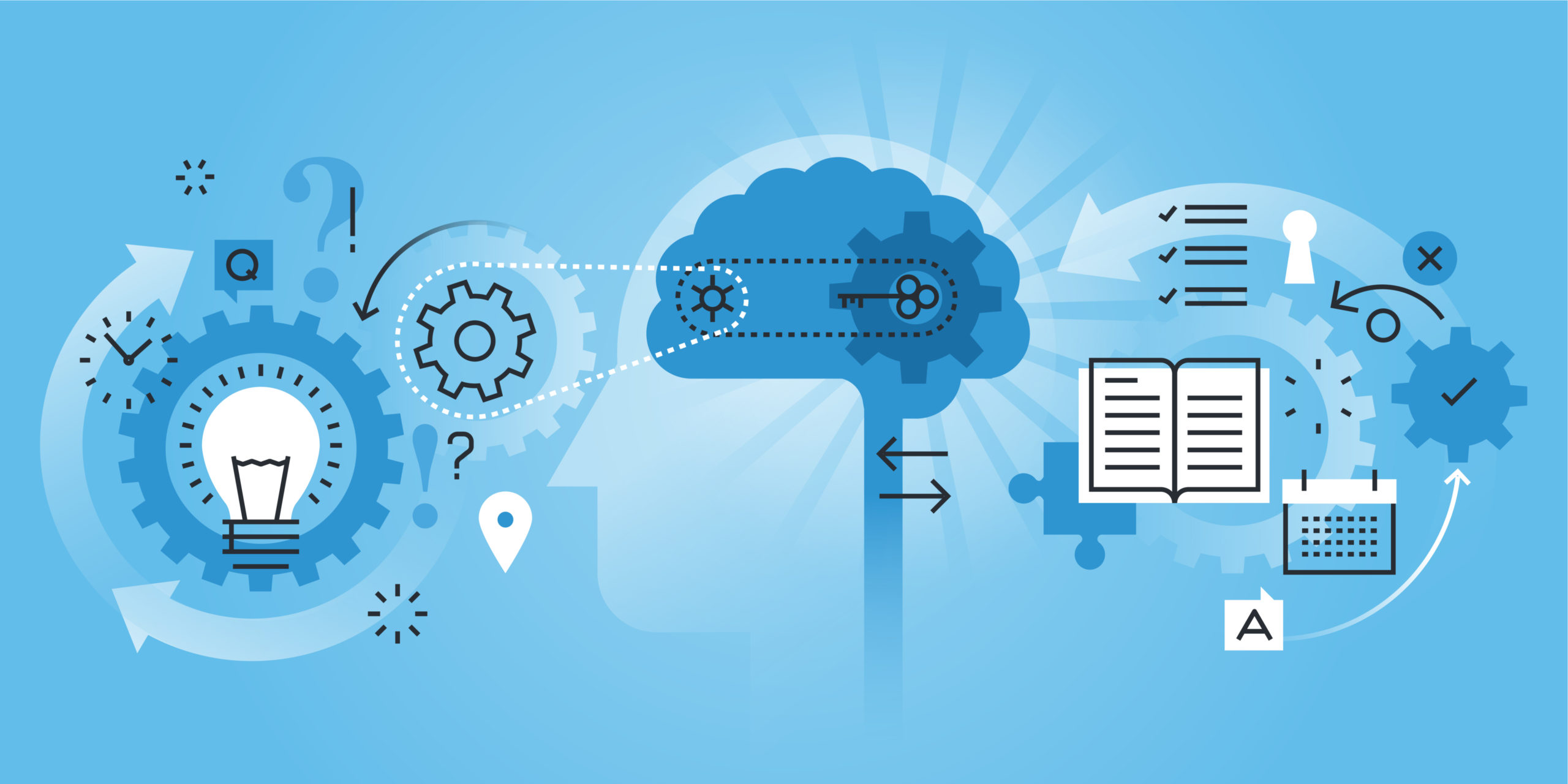
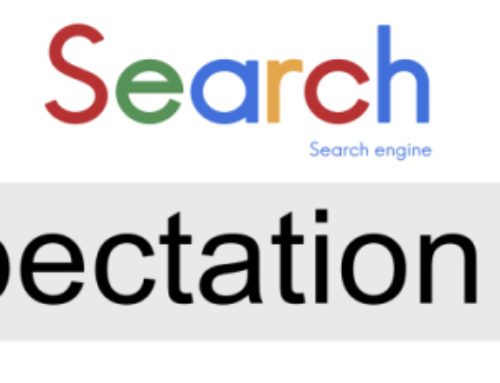
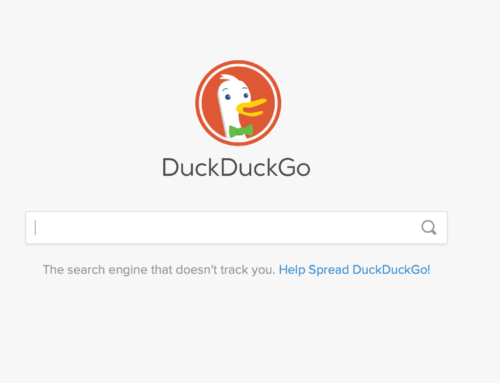
![B2B Leads: How Many Do You Need? [Here’s How to Find Out]](https://towncriergroup.com/wp-content/uploads/2021/03/entry-conversion-exit-shutterstock_539917381-scaled-500x383.jpg)
